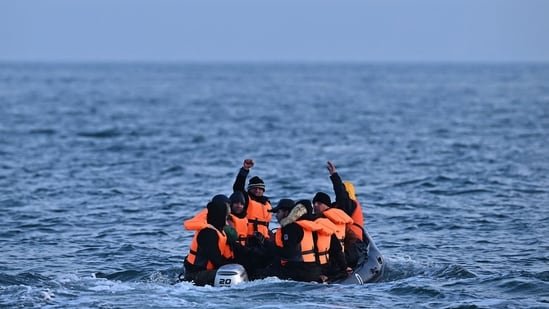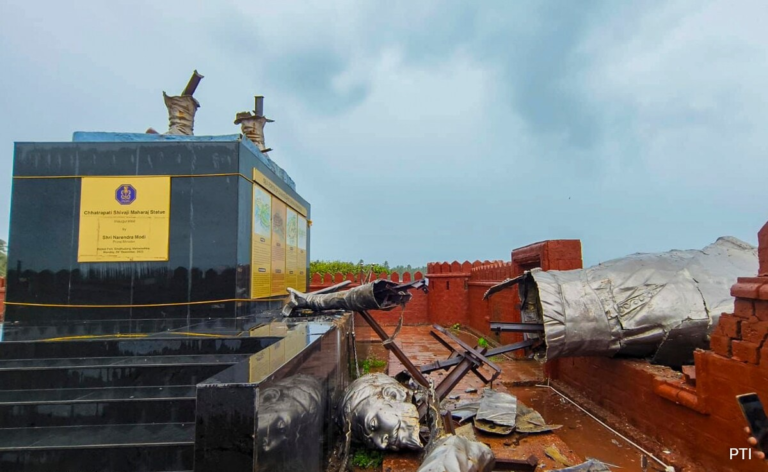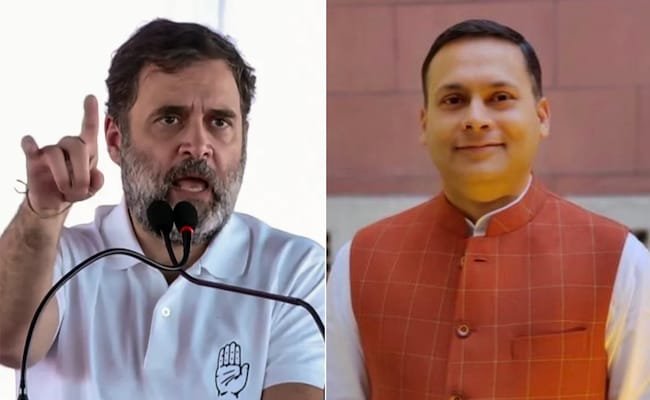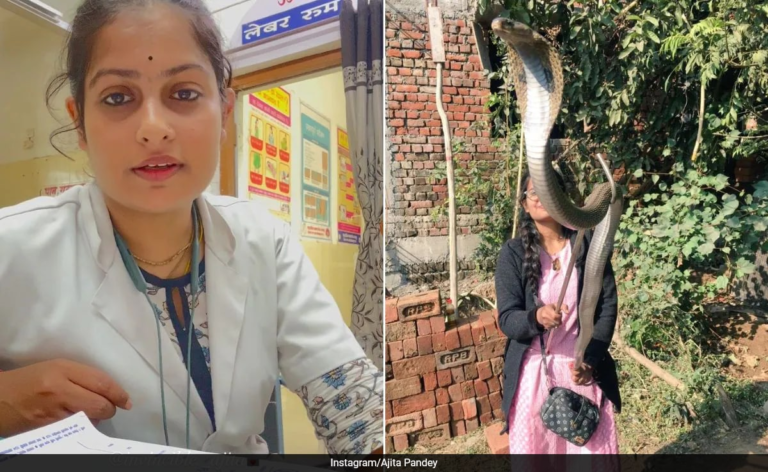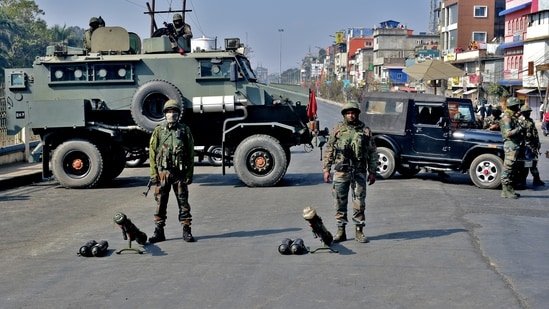
The attendance at the meeting called by Arambai Tenggol in Imphal on Wednesday points to the intractable situation in Manipur, where ethnic relations have nosedived since violence broke out in May last year. At least 36 legislators from the Meitei community attended the meeting at the historic Kangla Fort, seen as the traditional seat of Meitei power. The legislators signed a pledge that included Arambai’s key demands, among them abrogation of the Suspension of Operations (SoO) agreement with Kuki militants, deportation of refugees from Myanmar to Mizoram, implementation of a National Register of Citizens with 1951 as the base year, erecting a fence along the Myanmar border, and removal of Kuki immigrants from the Scheduled Tribe list. This would make reconciliation with the Kukis, who reside in the hills beyond the Imphal Valley, even more difficult. The Arambai, a radical group accused of fuelling the ethnic violence, has successfully rallied the Meiteis to ignore the multi-ethnic character of Manipur and frame it as a Meitei state. This sort of communitarian politics — reciprocated by the Kukis — is at the heart of the ethnic polarisation in Manipur. Unfortunately, the legislators who took the oath on the Constitution, seem willing to follow the playbook of Arambai, rather than seize the initiative in favour of peace and normalcy.

The rise and acceptance of Arambai is the outcome of the failure of the state administration to enforce the rule of law. Civil society initiatives promised during Union home minister Amit Shah’s visit in late May last year did not take off in the polarised atmosphere, with radical groups setting the agenda. What began as ethnic violence has now morphed into mob rule with armed groups engaging in extortion, drug trafficking, and random killings. At least 208 people have been killed and over 50,000 people have been displaced since May last year.
The challenge in Manipur is political. And the state’s political leadership has been conspicuous in its failure to rise above sectarian considerations. For instance, a rational discussion on the civil war in Myanmar may help in framing the refugee crisis in perspective — the refugee influx is seen in the Imphal Valley as some sort of a Kuki conspiracy to change Manipur’s demography. Long years of insurgency, involving both Meitei and Kuki groups and with a transnational dimension, have lent legitimacy to the instrumentalisation of violence to further civic interests. It is this stasis that the central team, currently in the state to restore peace, has to overcome.



